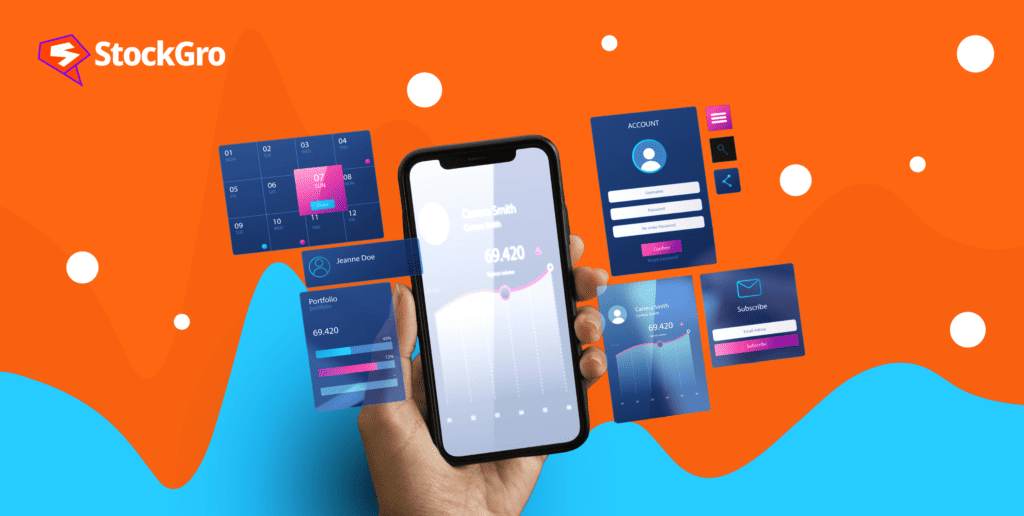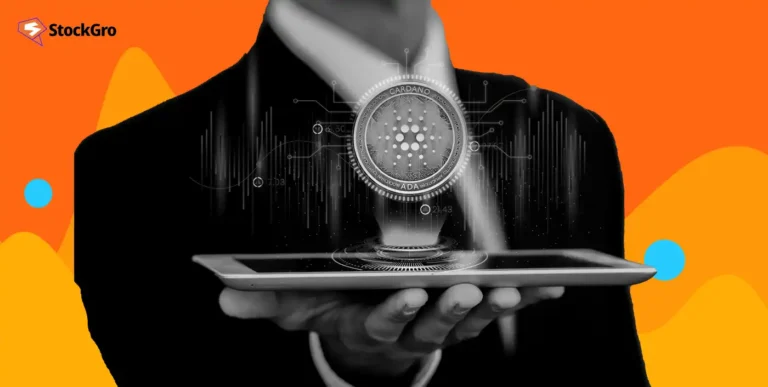
Managing money can make anyone crazy! But tons of new phone apps are here to help people like us budget, save, and even grow our money without all the typical headaches. These fintech solutions simplify things that only finance wizards could do before—like invest on autopilot or get loans fast. In this article, we’ll explore some of the latest fintech inventions that are changing how we interact with our money in the digital age.
The evolution of personal finance apps
Not too long ago, keeping track of personal finances was cumbersome, involving lots of paperwork and manual number-crunching. Getting advice meant going to expensive financial advisors. Everything felt complicated!
But over the last decade, personal finance technology has made managing money much more accessible. The first popular ones automatically connected to bank accounts to track monthly spending – finally making it easy to see where the money goes.
Other apps introduced digital investing tools, letting people grow savings without becoming stock market experts. New banking apps avoided tedious fees and documents associated with traditional checking accounts. And slick budgeting apps provide customisable tools to set and achieve financial goals.
In short, mobile apps have evolved from simply reporting spending into full-service financial assistance. These apps make personal finance easier and more transparent, from streamlining budgets to automating investments.
Also read: Deciphering the numbers: Insights into the financial literacy rate in India
The impact of fintech on personal finance
a. Improving financial knowledge
Many people find personal finance confusing and intimidating. All the terminology around loans, investing, and credit can feel like a foreign language. This leads to making unwise money choices. But financial apps are helping make money management more understandable for everyone through simple program designs, chatbots, and bite-sized tips. By making financial literacy accessible, apps help users avoid common money mistakes.
b. Expanding access
Quality financial services like investing tools, banking, and credit used to require large account balances, leaving average income earners with few good options. However, financial tech companies have leveraged software to offer robust features at low or no cost. For example, some apps now allow small-scale stock investing for just pennies. Other fintech banking products skip fees and minimum balances. This widens access so anyone with a smartphone can benefit from good financial products, not just the wealthy.
c. Custom recommendations
In the past, financial services came in a one-size-fits-all package. However, artificial intelligence allows financial apps to analyse individual user data and make personalised recommendations then. For instance, a debt payoff app can assess someone’s exact debts and interest rates to create a tailored repayment plan just for them. And robo-advisors can recommend investment portfolio mixes based on the user’s age, income, risk tolerance, etc. This customised financial advice was only possible after data-driven fintech innovation trends.
Also read: Cultivating positive money attitudes: How to shift your money mindset?
Key features of personal finance apps
1. Budgeting and expense tracking
Sticking to a budget used to mean tons of confusing spreadsheets. But handy money management apps have totally changed the game. Now, with just a few taps, we can link our bank and credit card accounts to track where our dough is going automatically. These spending trackers categorise those late-night Uber Eats orders, spot sneaky subscriptions draining our accounts, and make pie charts showing our money habits. Best of all, we can use our personalised data to set realistic saving and spending goals. It’s like having a financial assistant motivating us to reach our monthly money targets.
2. Investment and wealth management
In the past, investing meant studying the stock market for years or paying a high-priced broker to handle it. But no more, thanks to handy robo-advisors! All we have to do with these slick digital payment apps is take a quick quiz about our financial situation and money goals. Based on our answers, they’ll recommend investment portfolio mixes to match our risk comfort and growth aims. Then we can kick back as their technology automatically invests our extra cash, handles portfolio balancing, and more. Over time, as our circumstances change, our robo-advisor will change course along with us.
3. Credit score monitoring
Credit scores seem complicated – how do those 3-digit numbers get figured? New apps clarify scores by showing what makes them go up or down each month. This helps us better understand what impacts our credit so we can improve it over time.
Leading fintech innovations in personal finance apps
Smart financial planning tools
Managing money used to require lots of manual number-crunching. But now clever personal finance tools and AI programs help analyse our finances and make personalised recommendations. They study our income, spending history, and goals – and then provide tailored advice. Whether that’s flagging an unusual purchase or customising an investment portfolio, this technology automates tricky money tasks to improve our financial situation.
New digital currencies
You likely have heard the news about volatile Bitcoin prices. But the secure digital payment technology behind it, called blockchain, also enables innovative finance apps. It lets people transfer assets quickly, securely, and without conventional middlemen. Blockchain’s transparency and automation abilities will likely lead to easier, cheaper financial transactions.
Also read: How to achieve financial freedom and live your best life?/
Robotic investing helpers
Investing used to mean researching markets extensively or hiring an expensive advisor. Enter robo-advisors – automated investing programs. They ask about our risk comfort and financial aims, then handle portfolio management for us for very low fees. Robots choose investments, balance assets automatically, and more so we don’t have to watch markets constantly.
Direct online lending
Getting loans from stingy banks took a lot of work, especially for small amounts. However, new peer-to-peer lending networks connect trustworthy borrowers directly with regular investors online. This allows people to access affordable financing options quickly without traditional credit checks or collateral.
The bottom line
In just the past decade, mobile banking innovations have transformed tangled personal finances into streamlined, optimised processes right on our phones. With developers constantly improving digital money management tools, controlling funds will become more accessible. Thanks to handy tech that evolved to match users’ changing needs, the future of managing money is friendlier for the average person and the wealthy investor alike.

